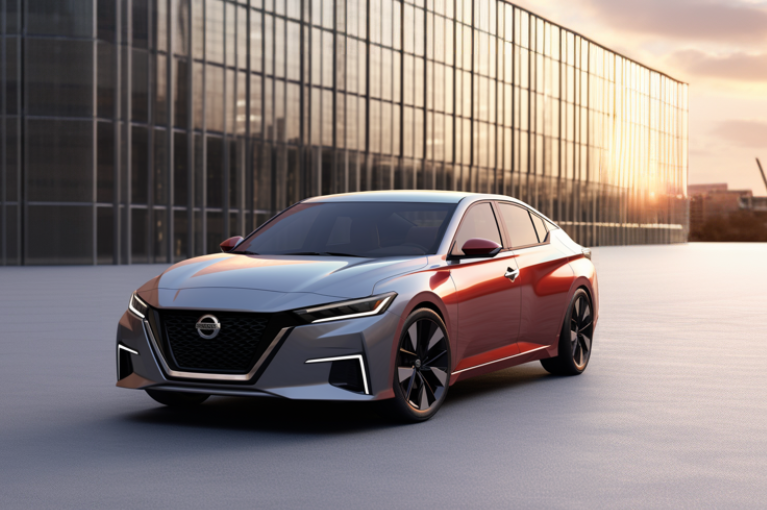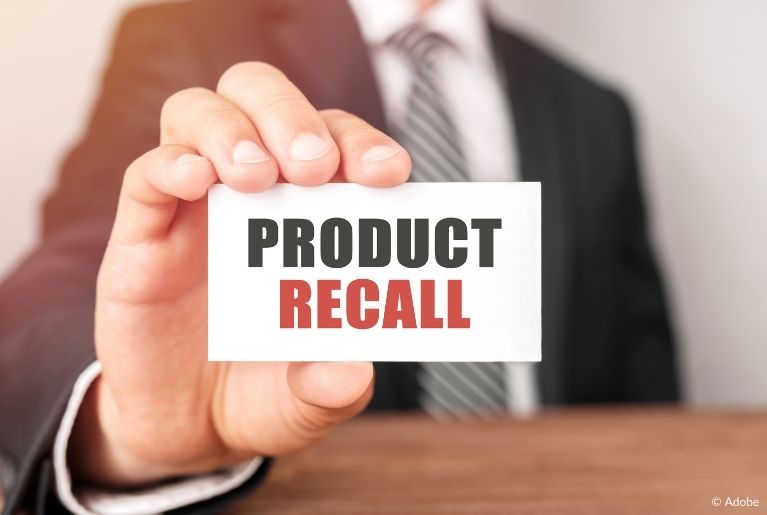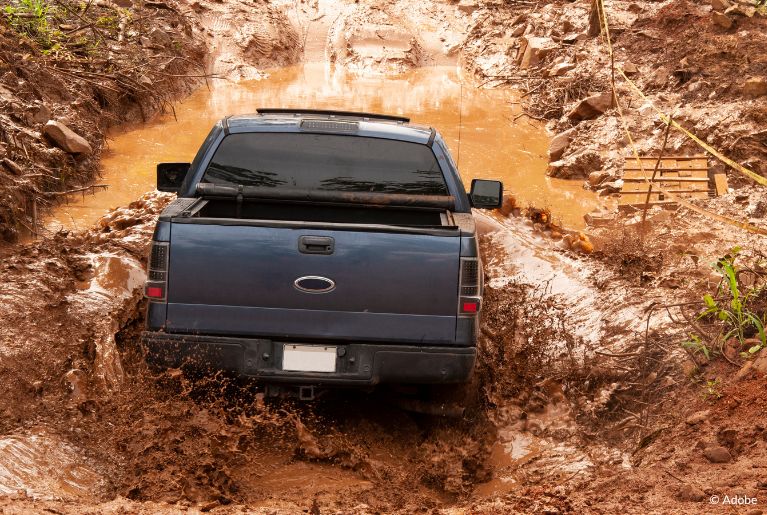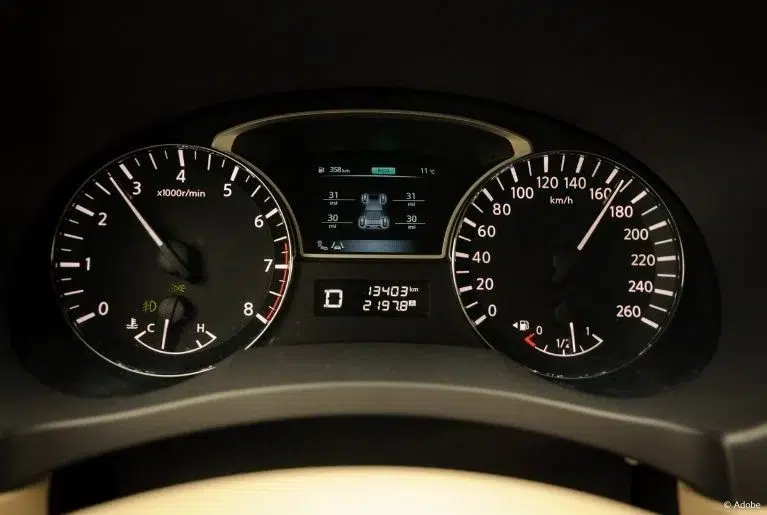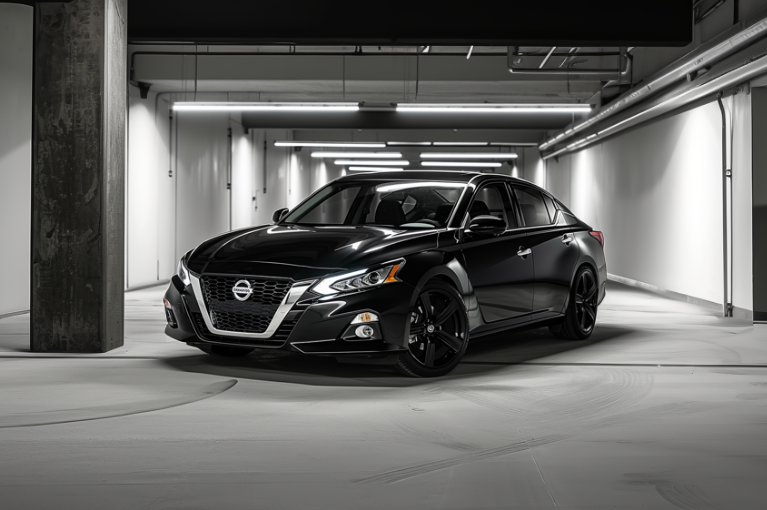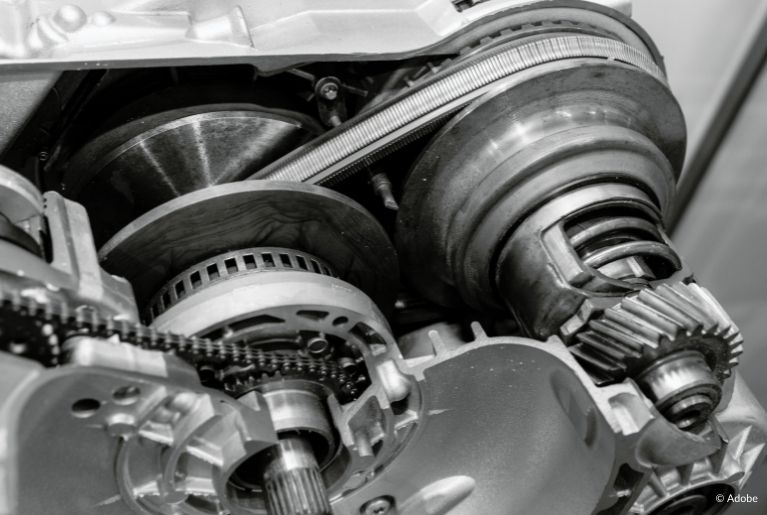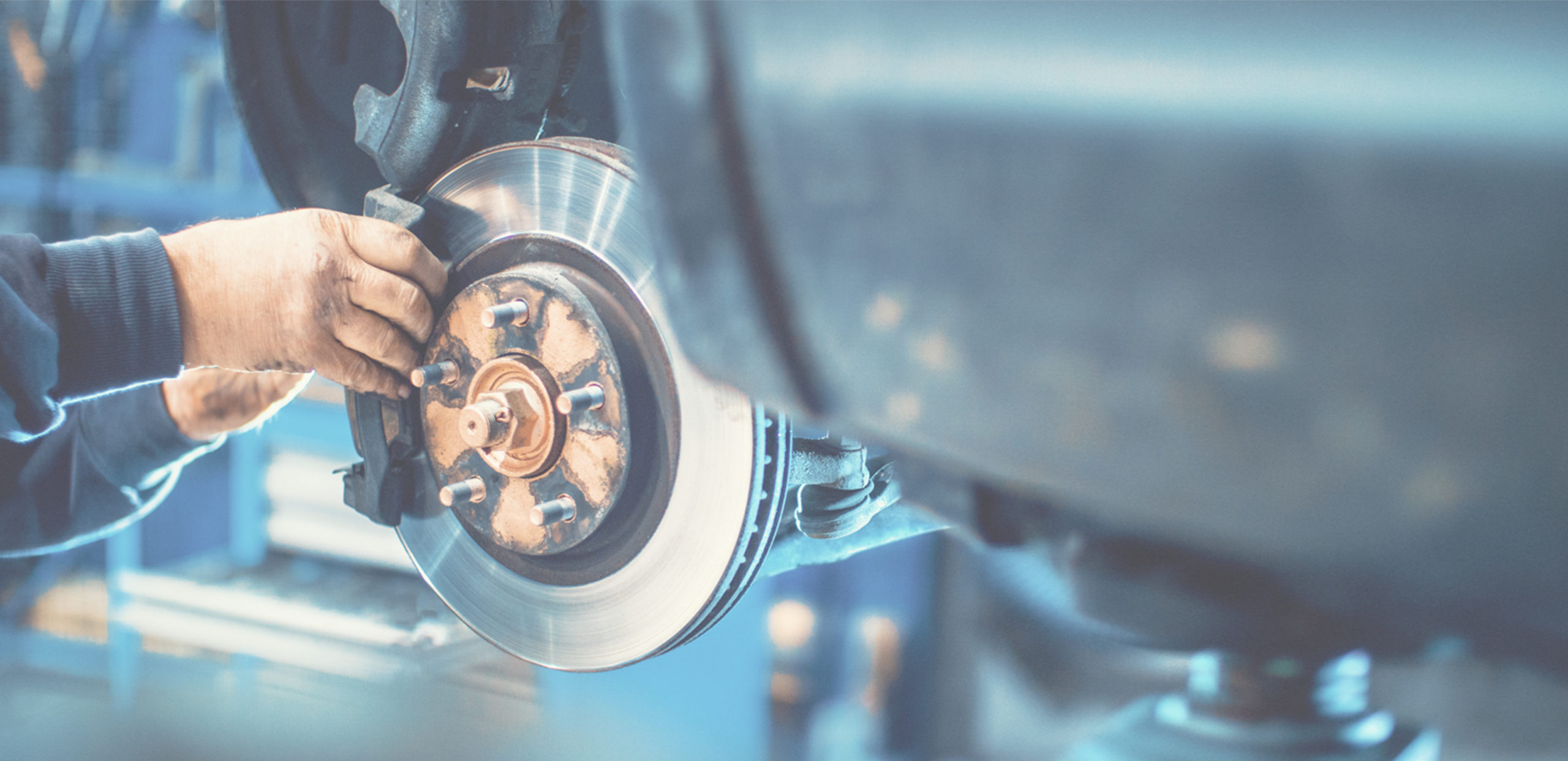Nissan variable compression engine failures may cause nearly 455,000 Nissan Rogue, Nissan Altima and Infiniti QX50 and QX55 vehicles to be included in a Nissan engine defect lawsuit.
Attorneys with ClassActions.org are looking into complaints of engine knocking, engine seizures and engine failures in certain 2017-2024 Nissan and Infiniti vehicles with VC-Turbo engines. These Nissan KR engines use a variable compression ratio, but experience “elevated variable compression engine failure rates.” Affected engines include 3-cylinder, 1.5-liter KR15DDT engines and 4-cylinder, 2.0-liter KR20DDET engines.
If the attorneys’ findings show that the Nissan engine issues point to a warrantable manufacturing defect, Nissan and Infiniti owners may find themselves included in a Nissan engine class action lawsuit.
However, if your 2020 or newer Nissan or Infiniti vehicle has engine issues that your dealership or repair facility could not fix, you may benefit from pursuing an individual claim under the California Lemon Law, regardless of whether a class action lawsuit finally proceeds.
- Which Nissan or Infiniti models experience the engine issue?
- What are the Nissan KR engine issues?
- How does the Nissan variable compression engine work?
- Are there any Nissan/Infiniti engine recalls?
- What can I do about my Nissan VC Turbo engine problems?
- How can the California Lemon Law help me?
Which Nissan or Infiniti models experience the engine issue?
Car engine knocking, noises, vibrations and loss of power affect these vehicles:
- 2021-2024 Nissan Rogue
- 2018-2024 Nissan Altima
- 2017-2024 Infiniti QX50
- 2021-2024 Infiniti QX55
Vehicle owners with these models may be included in a Nissan engine class action lawsuit in the near future. However, if your Nissan or Infiniti vehicle has engine problems that cannot be fixed by your dealership or repair facility, you may benefit from pursuing an individual auto defect claim.
What are the Nissan KR engine issues?
Nissan’s KR15DDT and KR20DDET engines may experience:
- Engine knocking
- Rattling noises
- Vibrations
- Shaking and jerking
- Engine seizure
- Vehicle stalling
- Power loss
- Engine failure
Nissan and Infiniti owners have also reported finding metal chunks and shavings in the oil pans.
A Nissan engine investigation revealed that Nissan’s VC-Turbo engines can experience main bearing and L-link damage and seizures. The L-link, or lower link, is part of a multi-link system unique to Nissan’s VC-Turbo engines. According to the investigation, Nissan tried to address main bearing and L-link issues by making changes to the manufacturing process.
How does the Nissan variable compression engine work?
Both the KR15DDT engine and the KR20DDET engine use variable compression ratio. In normal combustion engines, the compression ratio is fixed. Variable compression ratio allows these Nissan VC-Turbo engines to adjust the compression ratio while driving.
The compression ratio is determined by the volume of the cylinder and combustion chamber when the piston is at the bottom of a stroke, and the volume when the piston is at the top of its stroke. If a compression ratio is too high for what a driving condition demands, engine knocking can occur.
Nissan claims its variable compression ratio engines are able to achieve both high power and fuel efficiency, which “ordinarily oppose each other” in traditional engines. According to Nissan’s marketing materials, the piston is connected to the crankshaft through a multi-link system instead of the usual connecting rod. This multi-link system allows Nissan’s VC-Turbo engines to change the compression ratio by changing the piston’s positions for the top and bottom of the strokes. This system of links is controlled by an actuator motor.
However, variable compression engine failures have prompted investigations from both the National Highway Traffic Safety Administration and from class action attorneys.
Are there any Nissan/Infiniti engine recalls?
While there do not seem to be recalls specific to the Nissan KR15DDT and KR20DDET engine issues listed here, Nissan has issued the following engine-related recalls:
- Fuel Pump May Overheat: Certain 2021 Nissan Rogue vehicles may have a fuel pump that experiences abnormal wear and tear. As a result, the fuel pump will overheat and fail, causing an engine stall.
- Fuel Hose May Disconnect From Fuel Tank: Certain 2021 Nissan Rogue vehicles may have a fuel hose that is not properly secured, allowing for leaks or engine stalling.
- Fuel Tube may Leak or Disconnect: Some 2019 Nissan Altima vehicles may have a fuel tube that disconnects, causing an engine stall.
A current Nissan engine failure investigation by the National Highway Traffic Safety Administration may determine if these vehicles get recalled for the Nissan VC-Turbo engine issues.
What can I do about my Nissan VC-Turbo engine problems?
If you have not yet taken your Nissan or Infiniti vehicle in for repairs, visit your dealership or repair facility and report the issues you have been experiencing. Wherever you go in for a repair visit, make sure that you collect the work order or “repair order.” These repair orders can document the frequency of your Nissan engine issues and what was done to fix them.
If your Nissan or Infiniti engine issues still have not been fixed, you may benefit from filing an individual claim under your state’s lemon law. Get a free consultation with a lemon law attorney in order to discuss your legal options.
How can the California Lemon Law help me?
Under the California Lemon Law, owners of defective vehicles are entitled to a vehicle replacement or a repurchase of their defective vehicle. This repurchase is known as a “lemon law buyback.” This repurchase typically includes the vehicle’s initial purchase price (minus a deduction based on “good miles” driven on the vehicle), fees associated with the vehicle purchase and any costs incurred due to the vehicle’s recurring issues.
A Nissan lemon law attorney can represent your claim at no cost to you. Initial consultations are free of charge. You will not have to pay for our attorneys’ fees and costs out of pocket. Instead, the manufacturer pays our fees and costs as part of the final settlement if you win your claim.
To get a free consultation, call us at 833-208-8181 or fill out the consultation form below.
Lemon Law Help by Knight Law Group is an automotive lemon law firm that exclusively practices in California, with offices in Los Angeles, San Francisco, Sacramento and Orange County. If you are a California resident who purchased or leased a defective vehicle from a licensed dealership in California, we may be able to help you get rid of your potential lemon and recover significant cash compensation. Model year restrictions apply: 2020–Present vehicle models only.
However, we cannot help those who reside outside of California or purchased their vehicle outside of California unless they are active duty members of the Armed Forces, nor will we be able to refer them to a lemon law firm in their states.
To learn more about the California Lemon Law and your legal rights, visit our guide on the California Lemon Law for more information.

